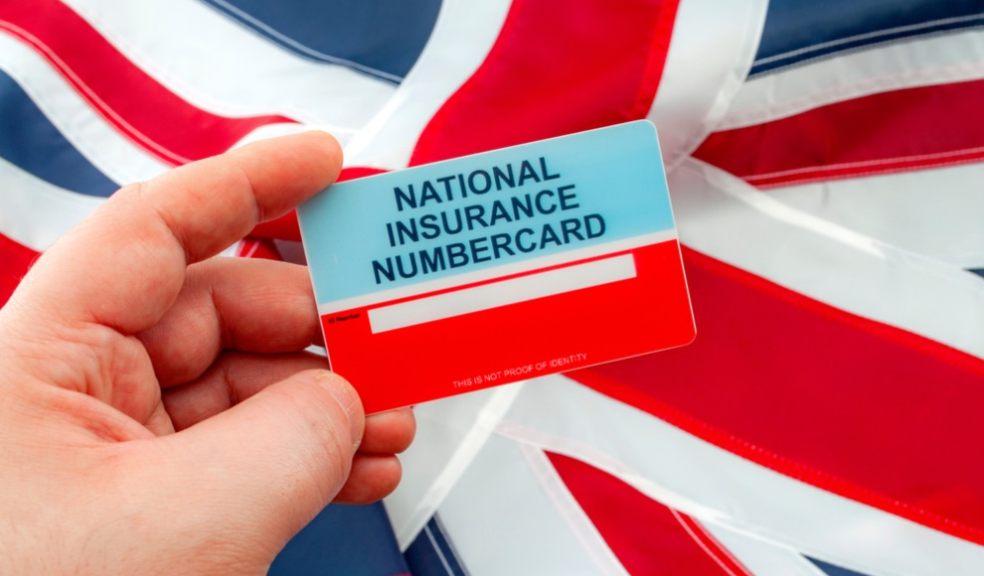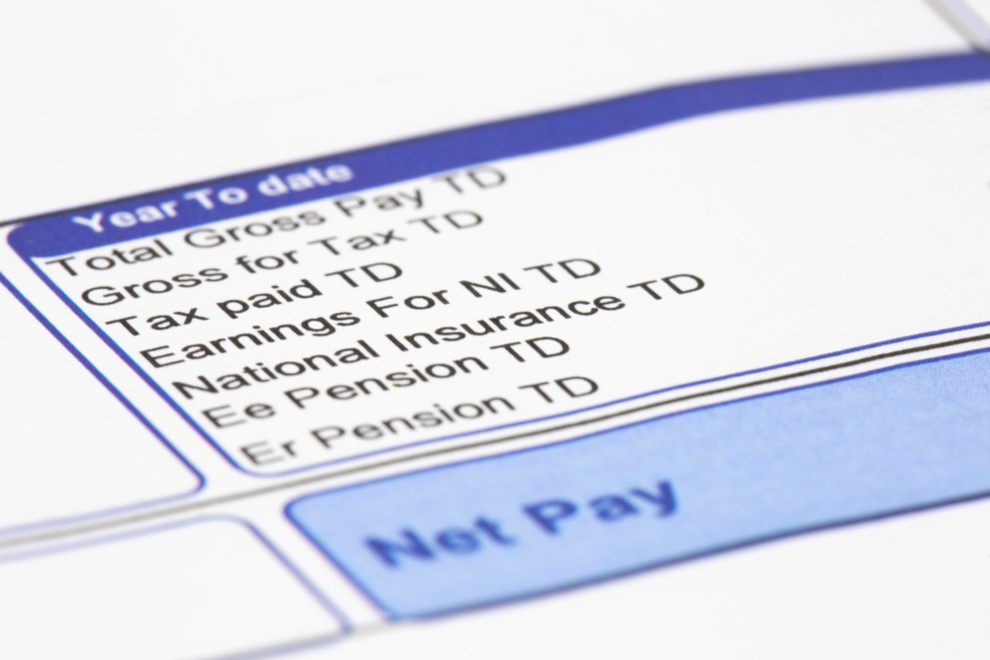
Most googled national insurance questions
New research has revealed that nearly 10,000 people each month are asking how much National Insurance they pay
Most UK adults pay it every single month, but new research has revealed that thousands of people don’t know how much National Insurance they’re paying.
The study, conducted by tax experts Income-tax.co.uk, analysed Google search data to find out the most-googled questions about National Insurance.
In first place is “How much is National Insurance?”, with nearly 10,000 people googling this question in an average month.
The research also discovered there’s a great deal of confusion surrounding National Insurance in general, with the search phrase “What is National Insurance” googled 8,100 times in an average month.
In third place is “How to find National Insurance number?”, with 6,600 average monthly searches.
“How is National Insurance calculated?”, “How to get National Insurance number” and “What does National Insurance pay for?” come fourth, fifth and sixth place in the study, with an average of 3,600 people asking Google these questions each month.
With 1,900 searches each, “How much is National Insurance going up?”, “Is National Insurance a tax?”, “When do you pay National Insurance?” and “When do you stop paying National Insurance?” take seventh, eighth, ninth and tenth place.
What are the most-googled National Insurance questions?
The full results of the research are as follows:
|
Rank |
Search term |
Average monthly searches |
|
1 |
How much is National Insurance? |
9,900 |
|
2 |
What is National Insurance? |
8,100 |
|
3 |
How to find National Insurance number? |
6,600 |
|
4 |
How is National Insurance calculated? |
3,600 |
|
5 |
How to get National Insurance number |
3,600 |
|
6 |
What does National Insurance pay for? |
3,600 |
|
7 |
How much is National Insurance going up? |
1,900 |
|
8 |
Is National Insurance a tax? |
1,900 |
|
9 |
When do you pay National Insurance? |
1,900 |
|
10 |
When do you stop paying National Insurance? |
1,900 |
To dispel some of the mystery surrounding National Insurance, a spokesperson for Income Tax has provided the answers to each of these questions:
1. How much is National Insurance?
How much National Insurance you pay depends on what you earn and your employment status:
- Employees who are under the state pension age and earn more than £242 per week will have their National Insurance contributions deducted by their employer. The 2022/23 rate is 13.25 per cent of earnings up to £967 per week, reducing to 3.25 per cent on earnings over £967 per week.
- Self-employed people making a profit of more than £6,725 per year have to pay a fixed weekly amount of £3.15 for the tax year 2022/23. If your profits are below the Small Profits Threshold (currently set at £6,725), you don’t have to pay National Insurance.
- If you’re self-employed and earn profits of £9,881 or more a year, you have to pay National Insurance at a rate of 10.25 per cent on annual profits between £9,881 and £50,270 and 3.25 per cent on profits more than £50,270.
2. What is National Insurance?
National Insurance is a tax that’s paid on employee earnings and self-employed profits. The contributions you make go into the National Insurance Fund and are then used to pay for certain state benefits.
3. How to find National Insurance number?
Your National Insurance number is made up of numbers and letters. You can find it in the following places:
- On your payslips
- On your P60
- On letters regarding tax, pension or benefits
- Online in your personal tax account under the National Insurance section
4. How is National Insurance calculated?
There are four different classes of National Insurance, and each one is calculated differently:
- Class 1 — Employees who have their National Insurance contributions deducted by their employer pay at a rate of 13.25 per cent of earnings up to £967 per week, reducing to 3.25 per cent on earnings over £967 per week for the tax year 2022/23.
- Class 2 — Self-employed people making a profit of more than £6,725 per year have to pay a fixed weekly amount of £3.15 for the tax year 2022/23.
- Class 3 — Even if you’re not required to pay National Insurance, you can choose to make voluntary (or Class 3) contributions to fill or prevent the gaps in your National Insurance record that could affect your entitlement to the state pension. You can check whether you’re eligible to do this on the government website.
- Class 4 — For the tax year 2022/23, if you’re self-employed and earn profits of £9,881 or more a year, you have to pay Class 4 National Insurance at a rate of 10.25 per cent on annual profits between £9,881 and £50,270 and 3.25 per cent on profits more than £50,270.
5. How to get National Insurance number
Usually, you will be sent your National Insurance number in the run-up to your 16th birthday, and it will not change at any point in your life.
If you don’t have a National Insurance number and you are planning to work, you can apply for one on the government’s website.
6. What does National Insurance pay for?
Your National Insurance contributions go towards state benefits, such as Statutory Sick Pay, maternity leave, NHS healthcare and the State Pension (although you usually have to pay National Insurance for a certain number of years to qualify for the state pension).
7. How much is National Insurance going up?
On 6th April 2022, the National Insurance rate increased by 1.25 per cent for the 2022/23 tax year, meaning employees are now paying 13.25 per cent National Insurance instead of 12 per cent. However, on 6th July 2022, the threshold for when you have to start paying National Insurance rose from £190 to £242, allowing workers to keep more of their money.
8. Is National Insurance a tax?
Yes, National Insurance is a form of tax that’s paid on the earnings of both employed and self-employed people. For employees under the Pay As You Earn (PAYE) system, National Insurance contributions are automatically taken off their wages, much like Income Tax. Self-employed workers make National Insurance contributions when filing their Self-Assessment tax returns.

9. When do you pay National Insurance?
If you're employed, your National Insurance contributions will be automatically deducted each month from your pay. Self-employed people must report their deductions annually in a Self Assessment tax return.
10. When do you stop paying National Insurance?
You stop paying Class 1 and Class 2 National Insurance when you reach the State Pension Age. You stop paying Class 4 contributions from 6th April, after you’ve reached the State Pension Age.



















